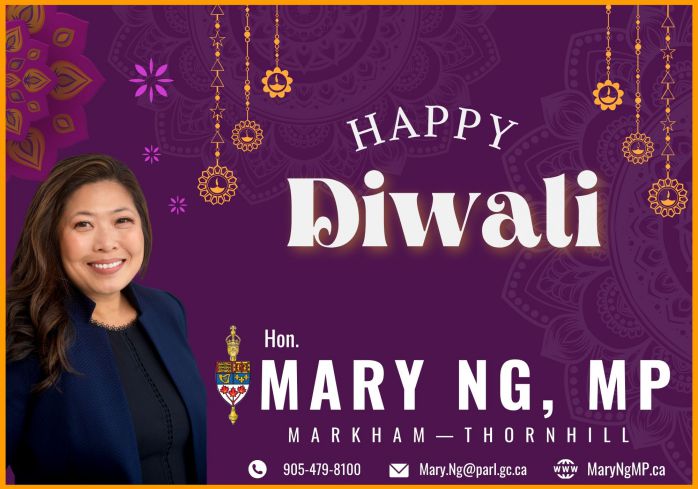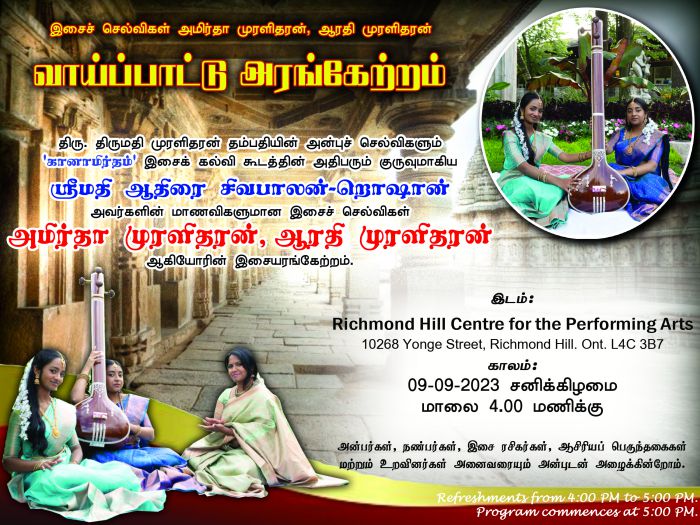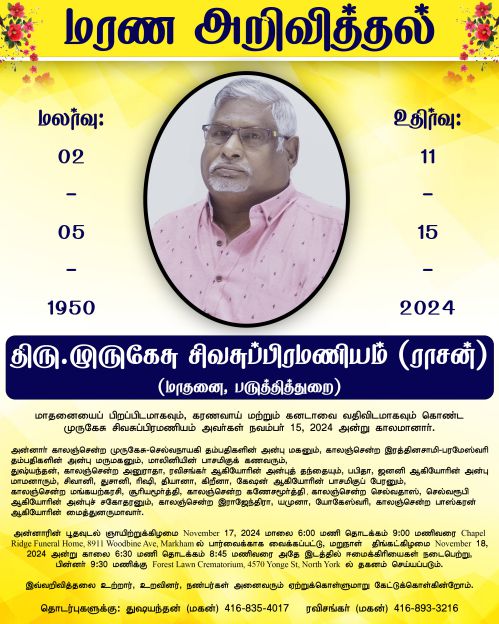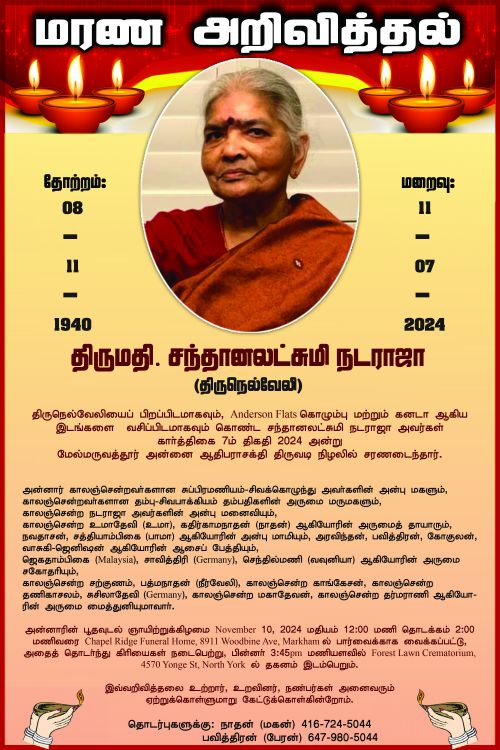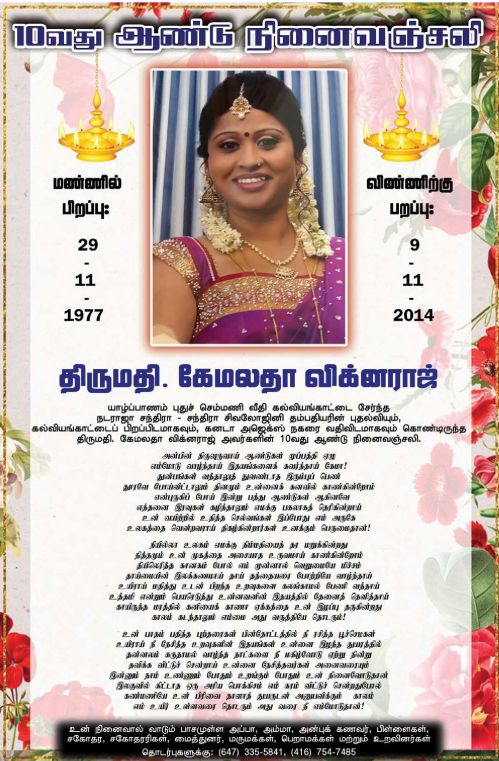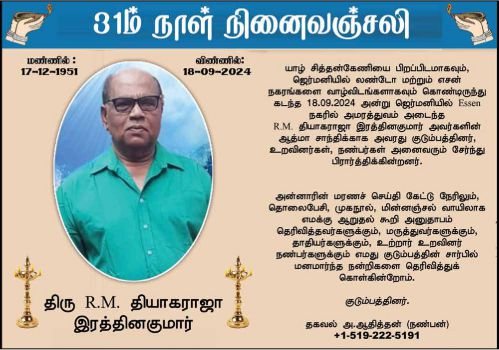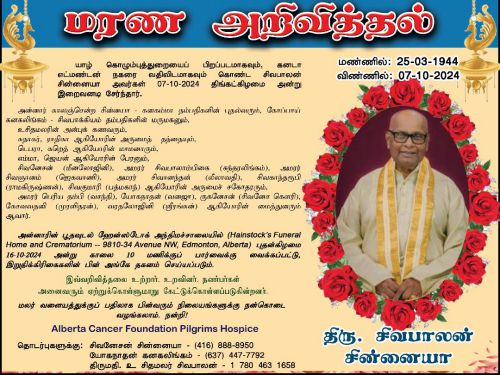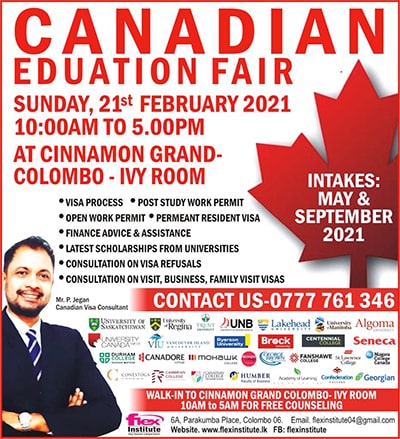If it Fails Now, it Will Fail Forever : The recent resolution on Sri Lanka and a few genuine concerns of an Eelam Tamil
Share

Nimal Vinayagamoorthy- Toronto- Canada
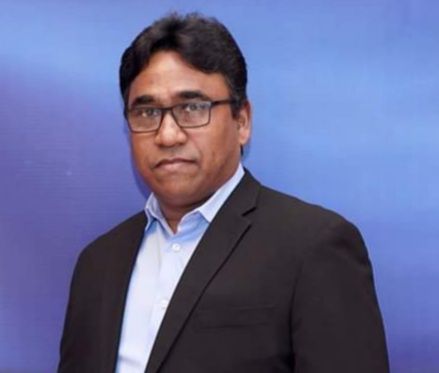 In the recently concluded UNHRC, another resolution on Sri Lanka A/HRC/51/5 was passed in October. Over the last 10 years, since 2012, five resolutions have been passed but none have brought respite to the sufferings of the Tamils in the North and East of Sri Lanka.
In the recently concluded UNHRC, another resolution on Sri Lanka A/HRC/51/5 was passed in October. Over the last 10 years, since 2012, five resolutions have been passed but none have brought respite to the sufferings of the Tamils in the North and East of Sri Lanka.
The different governments in Sri Lanka over the past ten years have categorically stated that they would never act against the armed forces; this makes the any number of resolutions passed useless and impotent. The need to fulfill the political aspiration of the aggrieved Tamils in Sri Lanka is nowhere to be seen in the recent resolutions. Democratic elections to the provincial councils are due since a long time.
There is no urgency or urge to conduct them and the UNHRC and the International community has failed in its task to hold the government responsible despite them making appeals to bail out Sri Lanka from the economic crisis.
India, which has pumped in billions of dollars recently has also been silent on the demand to conduct free and fair elections to the provincial councils.
For over 2,000 days, the relatives of the disappeared Tamils are demanding justice in scorching sun and tropical rains. They have been shamed, tortured, belittled and hounded by the armed forces with the complete backing of the successive governments.
Though the UN has time and again condemned the high-handed approach of the government of Sri Lanka in dealing with the peaceful protesters, nothing substantial at the ground level has happened. Whereas, the anti-government protestors in the South were able to compel the President, the Prime Minister and the other ministers to resign and topple a government in the form of a democratic protest; the same peaceful protest to seek justice is denied to the Tamils.
Right to freedom of expression and right to peaceful assembly are two key rights in any civilized democracy. The North and the East did not witness any anti-government protests, whereas in the South of Sri Lanka, the government forces have terrorized the civilians to such an extent that they are unable to openly protest for their justice.
In the report of the UN High Commissioner for Human Rights, the outgoing High Commissioner has very clearly pointed out the lacunae in the system and the impunity enjoyed by various departments which are meant to enforce human rights.
Among them, the important governmental authorities pointed out includes, the Human Rights Commission of Sri Lanka, the Office on Missing Persons, the Office on Reparations, and the National Authority for the protection of Victims of a Crime and Witnesses.
Sri Lanka, popularly known as the island of impunity has never respected any of its international obligations including the Indo-Sri Lankan accord of 1987 to implement the 13th amendment. In this context it is highly impossible that these government offices would respond to the calls of the UNHRC. While the 13th amendment is not a solution to the genocide endured by Eelam Tamils, the constitutionally embedded notion will help Eelam Tamils decrease the political disparities prevalent in Sri Lanka.
The bane of Sri Lanka’s problem leading to the economic crisis is the unwanted spending on the armed forces. Despite the war ending in May 2009 and the government declaring that it does not face any internal threat from any section of the society in the North or East, the ratio of soldiers to civilians in the Tamil heartland is one of the highest in the world.
“The new government should immediately reverse the drift towards militarisation, end the reliance on draconian security laws and crackdowns on peaceful protest,” the UN Office of the High Commissioner for Human Rights (OHCHR) said in its latest report, adding further, “deepening militarization and lack of transparency and accountability in governance, which have embedded impunity for serious human rights violations and created an environment for corruption and the abuse of power.” There was also a clarion call to, “show renewed commitment to security sector reform and ending impunity”.
The High Commissioner for Human Rights in her previous reports, had demanded thorough investigations and prosecutions under universal jurisdiction and a hybrid mechanism. It is a well-known fact that Sri Lanka will never set up a Truth and Reconciliation commission and bring the perpetrators of the gruesome genocide for prosecution. Hence, the only way left is to refer the cases to the International Criminal Court.
“Fundamental changes will be required to address the current challenges and to avoid repetition of the human rights violations of the past,” said the OHCHR report.
One of the most important fundamental changes expected from the South is the change of the Sinhala mindset as well as respect the Tamils as human beings with wants and emotions. On the path of search for justice and freedom, Eelam Tamils lost several brave souls who sacrificed their lives in this fight. One of the most revered days for the Eelam Tamils is the ‘Maveerar Naal’ or Martyr’s Day, observed on the 27th of November every year, commemorating the memories of those Tamils who died fighting the Eelam wars. Since 2009, the Government has not allowed this emotional memorialization of the Tamils to pay respect to the Maveerar.
In this atmosphere of change in the South, if the Sri Lankan government remains as a government for everyone and allows the Tamils as a right and goodwill gesture to observe the Maveerar Naal, or only allow the southern protestors their right to protest is to be keenly observed.
Implementing the UN resolutions is extremely essential for Sri Lanka as this would create a conducive atmosphere for the Tamils in Eelam and in the diaspora to open doors towards conducting a meaningful dialogue towards achieving lasting peace which would save all Tamils and Sinhalese people from a disaster in the future. This would also open the minds of the Tamil Diaspora to step in with their investments to rebuild the Northern and Eastern provinces economically. This is the most opportune time for Sri Lanka to set its history right, if it fails now, it will fail forever.
This author is a member of the TGTE and seeks a peaceful political solution to the Tamil Right to Self Determination.





